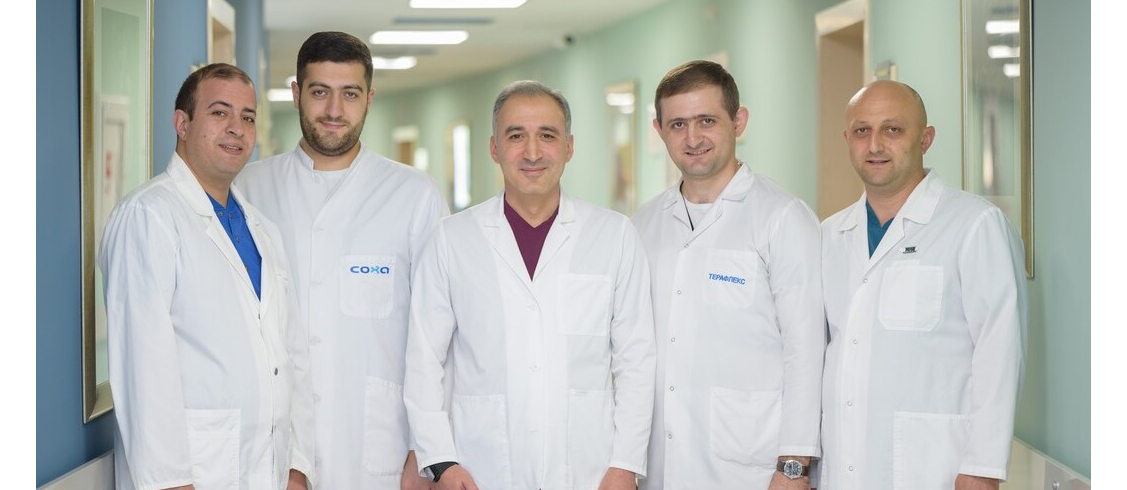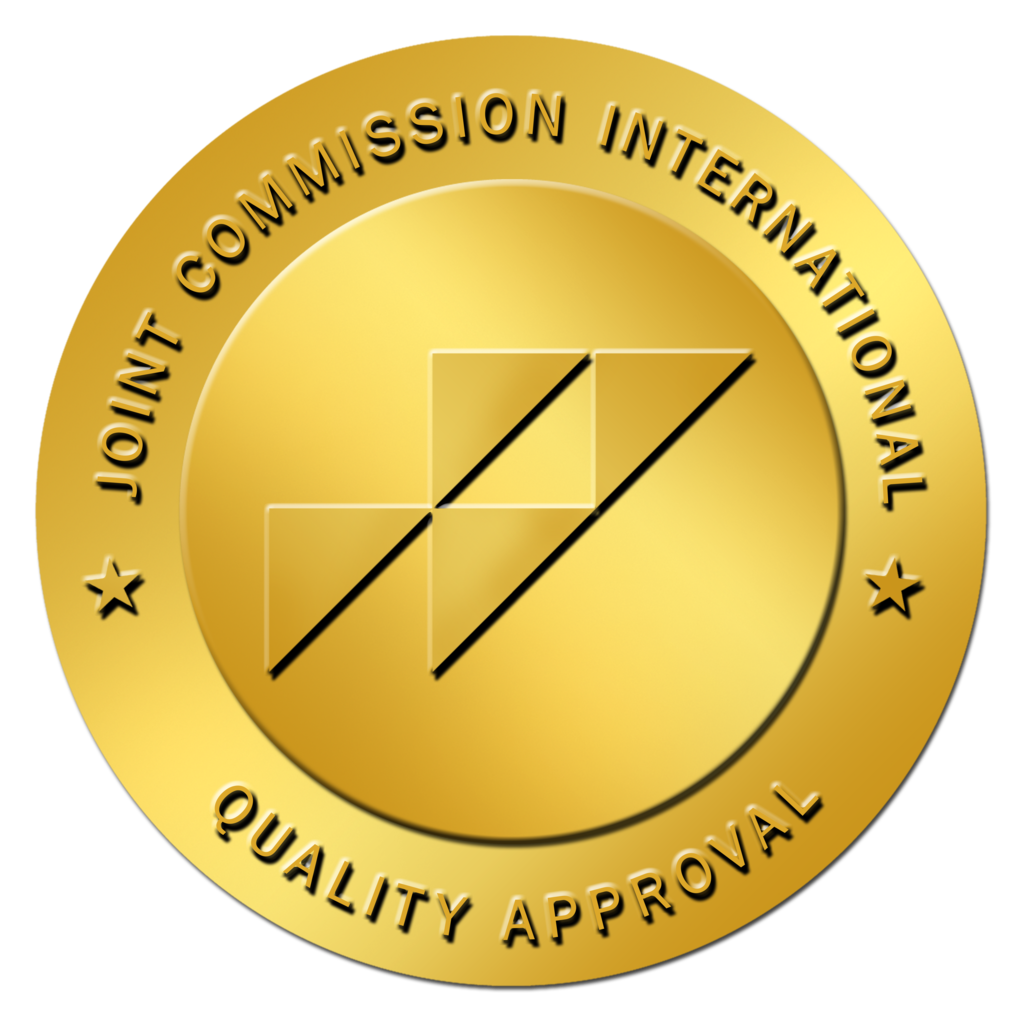What is EEG
Electroencephalography (EEG) is a non-invasive method for studying the brain’s bioelectrical activity. It is based on recording electrical signals generated by neurons in the brain. During the procedure, special electrodes are placed on the scalp and connected to a device that records brain activity at different time intervals.
This method enables physicians to evaluate the functional state of the brain and detect various neurological disorders. EEG is safe and painless.
When EEG is Indicated
EEG is widely used in neurology and neurosurgery. It is indicated in cases of:
- diagnosis of epilepsy and clarification of seizure characteristics
- investigation of the causes of altered consciousness (dizziness, fainting, loss of consciousness)
- diagnosis of inflammatory brain diseases (encephalitis, meningoencephalitis)
- detection of cerebrovascular pathologies and monitoring recovery after stroke
- assessment of brain tumors or injuries
- evaluation of sleep disorders (sleep apnea, insomnia, etc.)
- monitoring treatment effectiveness in patients with epilepsy or other neurological conditions
EEG is also frequently performed prior to surgery to assess the brain’s functional state.
How EEG is Performed
The procedure is carried out using specialized equipment — an electroencephalograph. The patient sits or lies comfortably, while small electrodes are placed on the scalp and fixed with conductive gel. These electrodes record the brain’s electrical activity and transmit it to a computer.
EEG can be performed in different durations: approximately 30 minutes, 1 hour, 2 hours, 24 hours, as well as EEG with sleep deprivation (1–2 hours). In some cases, additional functional tests — such as photic stimulation or hyperventilation — are applied to help reveal hidden abnormalities.
EEG is completely painless and has no side effects. After the procedure, the patient can immediately return to normal daily activities.
What EEG Shows
EEG reflects the electrical activity of different brain regions in the form of waves. By analyzing them, the neurologist can:
- detect foci of epileptic activity
- assess the overall level of bioelectrical activity
- monitor the effectiveness of drug therapy
- identify various organic or functional disorders
- evaluate the brain’s response to stimuli (light, sound, hyperventilation)
The results are interpreted by the physician and play an important role in diagnosis and treatment planning.
Where to Perform EEG in Yerevan
At Nairi Medical Center, EEG is performed with modern equipment by experienced neurologists. The center provides:
- high-precision devices for detailed brain activity recording
- comfortable conditions and individualized care
- possibility of conducting EEG in both adults and children
- professional result interpretation and consultation
EEG at Nairi Medical Center is completely safe, complies with international standards, and offers high diagnostic value.
To make an appointment, please call 89 00 or visit us at 21 Paronyan Street.








